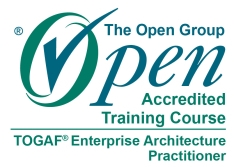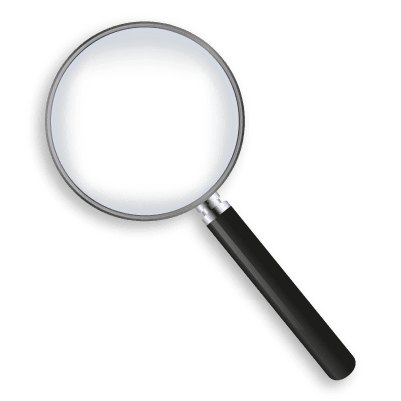Orlando is situated within Central Florida and is the largest inland city within the state of Florida. Orlando is home to a population of an estimated 238,300 making it the 5th largest city within Florida as well as being the 26th largest metropolitan area within the United States with around 2,134,411 people estimated living there in 2010. The City Beautiful and The Theme Park Capital of the World as the city is otherwise known as is also the county seat of the orange county. There are both private schools and secondary schools within Orlando, most of the public primary and secondary schools are operated by the orange county public schools, with some of the private schools including Dr. Phillips High School, Orlando Lutheran Academy, The First Academy, Lake Highland Preparatory School and the Forest Lake Academy. Orlando also offers a weekend program for Japanese children the Orlando Hoshuko, which is within the Lake Highland Preparatory school. There are only a few state universities and colleges which include the Florida A&M University College of Law, University of Central Florida and Seminole State College of Florida, Valencia College within Orlando. Whereas there are more private universities and colleges some of which are Belhaven University, Dwayne O. Andreas School of Law - Barry University, Hindu University of America, Nova Southeastern University, Everest University, Adventist University of Health Sciences, Le Cordon Bleu College of Culinary Arts, Florida Institute of Technology, Reformed Theological Seminary, Connecticut School of Broadcasting, Southern Technical College, Keiser University, Palm Beach Atlantic University and Columbia College. All of the different universities offer different courses in a range of subjects. Students within Orlando are able to enrol on graduate, under graduate, professional, masters, doctors and associate degrees. Degrees can vary depending on the type of institute it is, some of the subjects can include law, sciences, technology, medicines, nursing, dentistry, veterinary medicine, hospitality, film production, business, management, information technology, sports and many more.
Free Wi-Fi
To make sure you’re always connected we offer completely free and easy to access wi-fi.






































 Back to course information
Back to course information






 If you wish to make any changes to your course, please
If you wish to make any changes to your course, please

